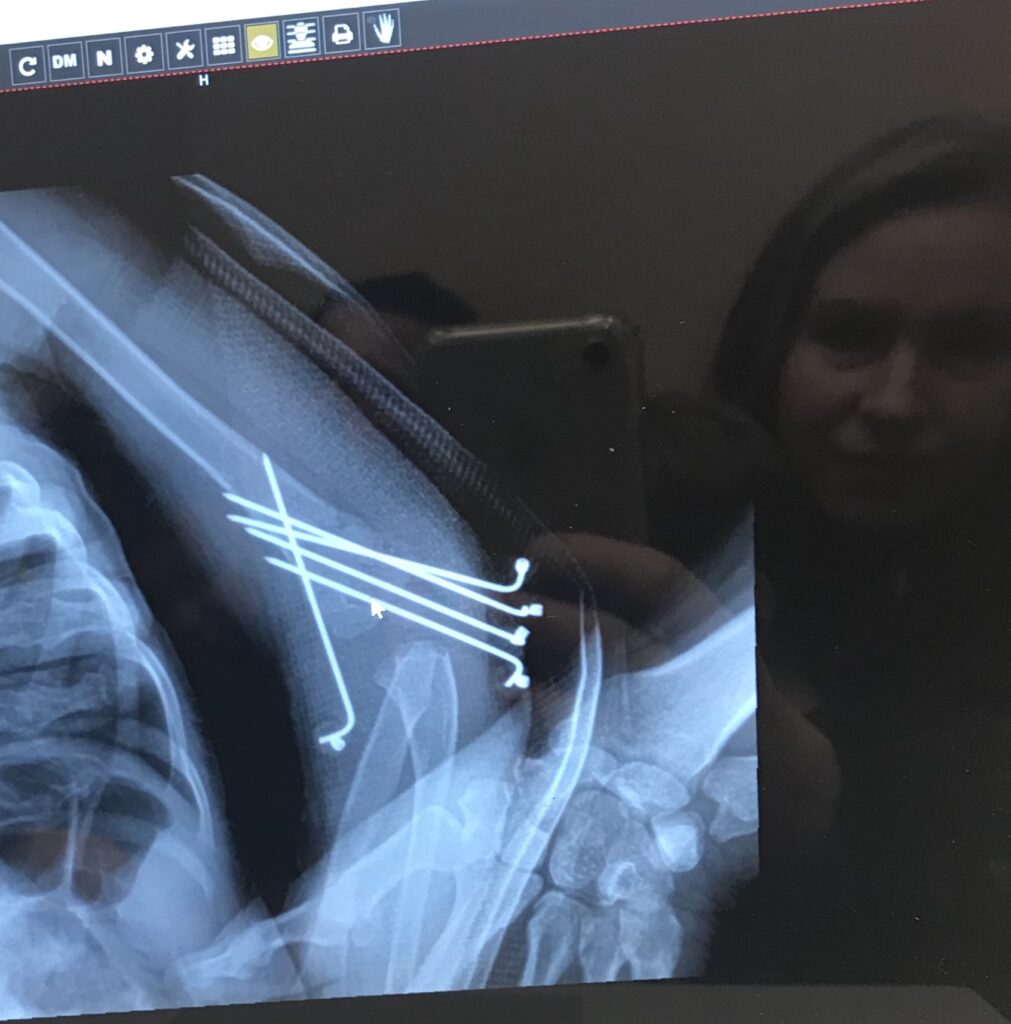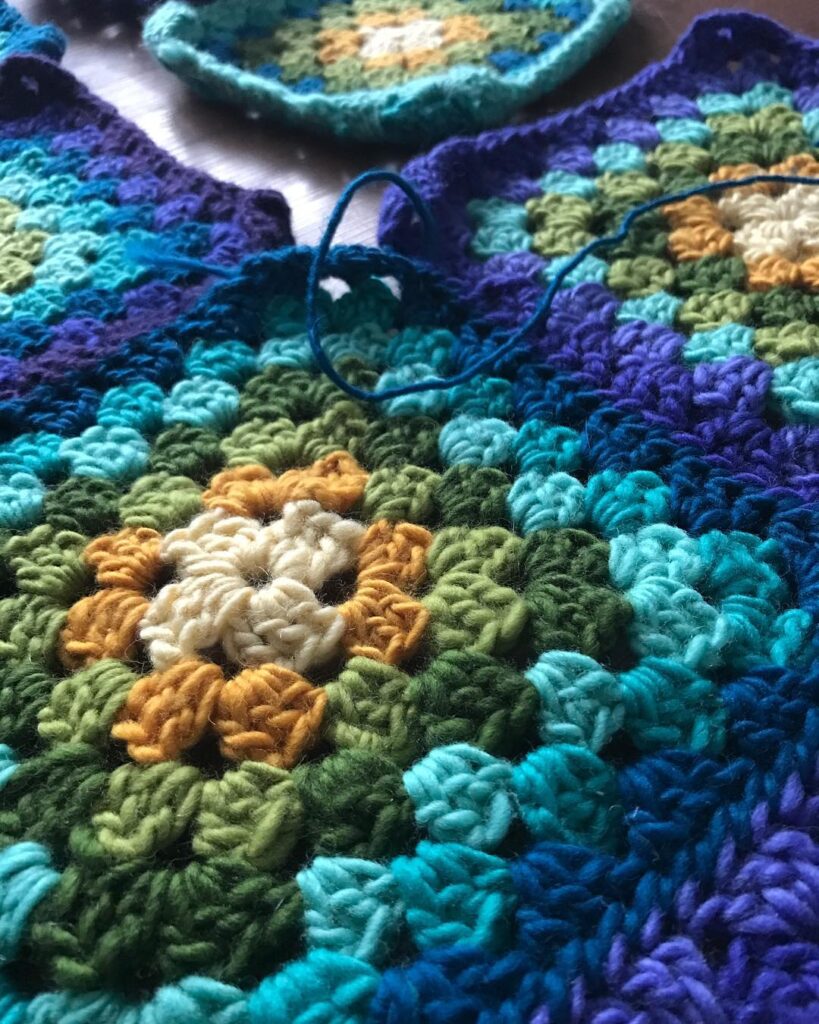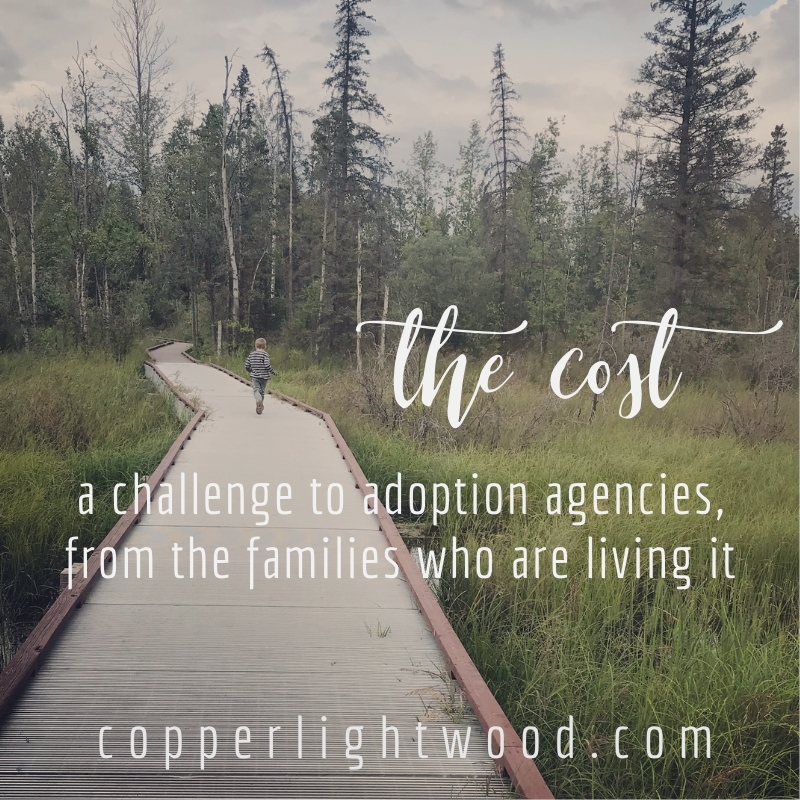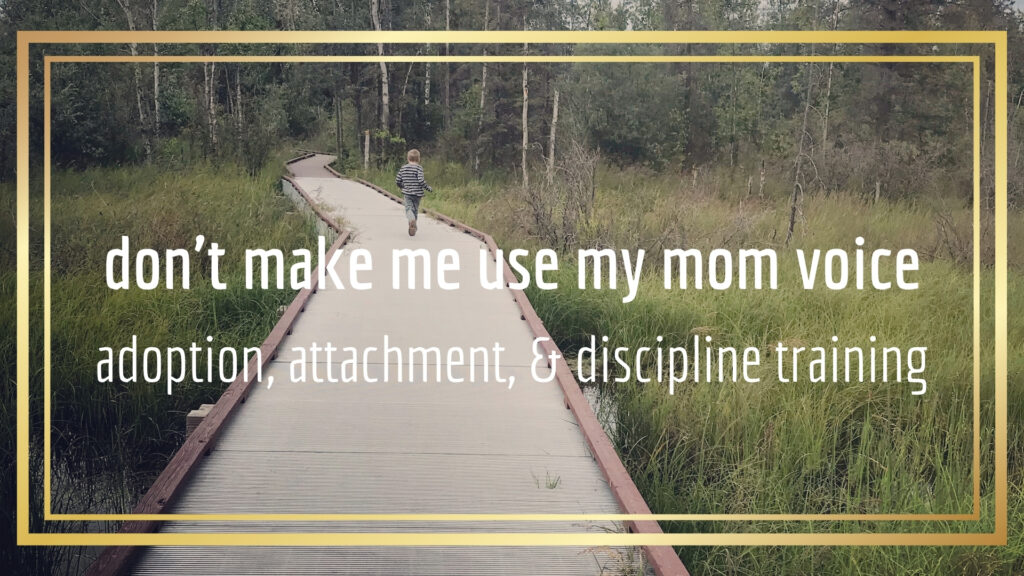I’ll be honest, the last post blew me away. I guess maybe the feeling was mutual.
Thank you so much for the support you’ve shown our family. Little Kav is in his hard cast and the five (!) pins are scheduled to be removed next week, when he’ll get a new cast for a few more weeks.

We’ve gotten texts from friends and emails and messages from strangers offering to help and it has been super encouraging. We’ve also gotten a few (literally, a few) forwards of ignorant, rude, or outright nasty comments (from a social media platform we no longer participate in) opposing what we did.
It’s so miniscule, less than 1% of responses…or, you know, about the same as the actual danger of Covid. (Smile.)
But just for kicks because I think it’s fun (and often funny), let me tell you what they were. They all basically said the same thing, though in different ways: “Why don’t you just do/say/parent/think the way I do?”
The short answer is: Because we are not the same.
I don’t think they should have to do things the way I do. They should have a choice in how they parent their kids and make decisions for their future and their health. They should have a choice when they go to the ER to do things to protect themselves, and protecting ourselves doesn’t always look the same for everyone because we have different health histories and values. I think they should benefit from laws that are in place for patient care, and we should, too.
They apparently don’t think that. We are not the same.
Hospital staff, including security, nurses, a staff supervisor, and a surgeon, acted in direct violation of the Patient’s Bill of Rights, the Americans with Disabilities Act, HIPPA, and EMTALA, just to start, because of a “mandate.”
Quick legal
review: Mandates are not laws. Laws are laws.
They were wrong. According to an email we got this morning,
they’re being investigated.
They refused care to our injured three-year-old who needed emergency surgery. Defending them because of a political agenda in spite of law and basic ethics exposes some serious heart issues. If you think other people need to voluntarily relinquish both their rights as citizens and responsibilities as a parent because that fits the narrative you’ve come to believe, that’s not political. At the core, that’s a wholeness issue.

When loyalty to a job or company or person or a narrative leads to demands of others at the expense of truth, love, and justice, the result is an exposure of pride and insecurity. And those are two sides of the same coin that show up in different ways, including people pleasing, virtue signaling, narcissism, greed, selfishness, attention seeking, and cowardice.
Basically, here’s the demand: Why don’t you just give up your choice and your rights to conform, like me?
And here’s my answer: Because I’m not like you. We are not the same.
We come from different worldviews. We’re using some of the same words, but with different definitions.

For example, take the concept of responsibility. I think responsibility means being accountable for your own choices. Other people think being responsible means getting double (or triple, or whatever) jabbed for a virus that’s 99.97% safe. They think we’re irresponsible for refusing the Covid swab for our healthy toddler, even though the swabs are unreliable, have been shown to cause injury, and are being discontinued by the CDC. We are not the same.
Their definition doesn’t sound like responsibility to me; it sounds like fear. And fear is the most pandered sin in the church.
Why don’t you just do what the hospital says? Why don’t you just let them do what they want with your children? Why ask pesky questions instead of leaving your brain at the door?
I’ve been reading The Vision of the Anointed by Thomas Sowell, and he gives a great answer: “…Third-party decision making by surrogates for ‘society’ offers no a priori reason to expect a closer approximation to omniscience.”
Thomas Sowell is crazy smart, and I admit it helps to have a drink handy while reading him (I mean coffee, not wine, or don’t bother) so here’s a translation in easier English: Third parties who think they’re doing society a favor by making decisions for them are playing God, and they’re not very good at it.
“On the contrary, such surrogates not only lack the detailed and direct knowledge of the innumerable circumstances surrounding each of the millions of individuals whose decisions they are preempting, they lack the incentives of direct gain and loss from being right or wrong, and they have every incentive to persist in mistaken policies (from which they suffer little), rather than admit to being wrong (from which they could suffer much).”
– Thomas Sowell, The Vision of the Anointed
Translation: Third parties who attempt to play God not only lack the information necessary to do it right, but they tend to persist in the inevitable errors that result because those errors do not directly impact them, and admitting fault would.
Or, a quicker summary: Decisions should not be made by those who don’t have to live with the consequences and cannot be trusted to admit fault.
Why don’t you just mask, and get admitted yourself a day or three later? Why don’t you just allow experimentation and ineffective tests on your children?
Translation: Why don’t you just roll over and do everything you’re told? Why don’t you just make the same choices I would? Why don’t you just think like me?
This is only a few steps away from “Why don’t you just tell the Germans where the Jews are? Why don’t you just slap that yellow star on? Just put the sign on your window? Just take the thirty pieces of silver?”
I’m a nurse and don’t you know I’ve sacrificed so much as a frontline worker? Haven’t you seen the commercials? The heroic dance routines? Why aren’t you bowing to my revered, new celebrity status like all the other virtue signalers?
I have friends who are nurses. I love nurses. One in particular has walked closely alongside us in this situation with support and inside knowledge. But, sweetheart, moms and dads were frontline workers first. We are the first frontline when it comes to our kids. Consider that.
And my favorite: “Why didn’t you just git yer shots and protect yer kids?!”
Wait, wait, wait –
the shot that doesn’t protect people from Covid can prevent toddlers from
breaking their arm while sledding? Bless your heart.
If you fall into any of these camps, there’s no getting around it – you are
saying that it’s okay for nurses, surgeons, and hospitals to strip patients and
parents of their rights. You probably won’t like it put in those terms, but
let’s be honest about it.
And if that’s the case, you probably justify it by saying you’re willing to relinquish those rights for “the good of society” because you’re convinced that society needs to be upended for a virus that’s 99.97% safe for the population — so many times safer than the normal flu we’ve lived with all our lives. If you’ve chosen to believe liars and ignore data, I can’t and won’t argue with you.
But I will point out that your decision to relinquish your rights does not obligate me or anyone else to relinquish those same rights.
My willingness to do (or not do) certain things does not obligate you to do (or not do) the same things. This works two ways, friends. You’re not being selfless or righteous if you’re demanding others to make the same decision.
And, just a warning: Whatever rights you relinquish so easily now, there will come a situation when someone tries to take something from you that you do care about.
There will. And you should think about that.
When that happens, you’ll have every right to fight for it and stand your ground.
But it might be too late. Because by then, those whose rights you’ve thrown under the bus might not be there to stand with you.
_________
P.S. Should the Lord allow, next week I plan to get back to my normal cozy, quirky writing and off this soapbox. Grab your favorite clicker pencil and put your nerd face on: Best books of 2021, coming right up.






